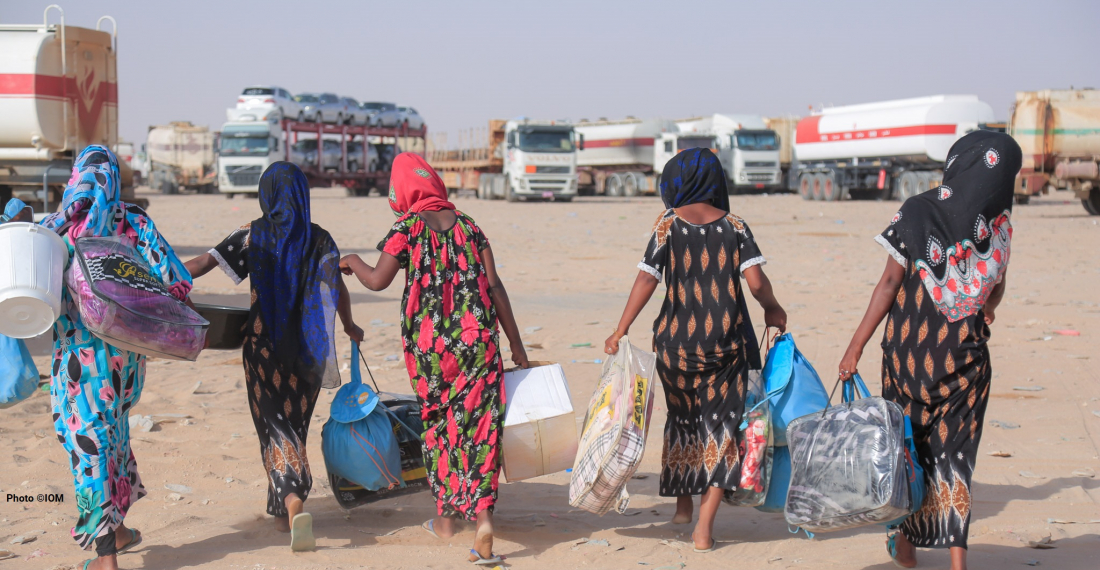The recent military campaign in the Yemeni province of Marib are a threat to local populations most. The military operations, often hit and run raids, threaten to displace at least 385,000 people, said the UN migration agency. Marib is itself home to about 800,000 IDPs who fled during various stages of the six-year conflict.
Hundreds have already been killed in Marib while peace efforts by the United States have so far failed after the Houthis rejected a proposal by the US envoy. According to Al Jazeera, Mohammed Abdul Salam, spokesman for the Houthis, said that the group was still studying the proposal.
“The humanitarian side must be separated from the military one,” Abdulsalam said in an interview with Al Jazeera amidst UN calls for an immediate halt to the fighting.
“When the sea port and the airport open, we’re ready to negotiate,” He added.
On its part, the Yemeni government says military operations are continuing as long as the Houthis do not halt their offensive. Fighting is now taking place across various fronts in at least three governorates: Taiz in the south, Marib in the centre, and Hajjah in the north.
In a separate development, the UN International Organisation for Migration (IOM) said on Tuesday that it moved 140 Ethiopian migrants stranded in Yemen back to their home country.
“Today, a flight carrying 140 stranded migrants departed from Aden International Airport for Addis Ababa,” the organisation said in a statement.







